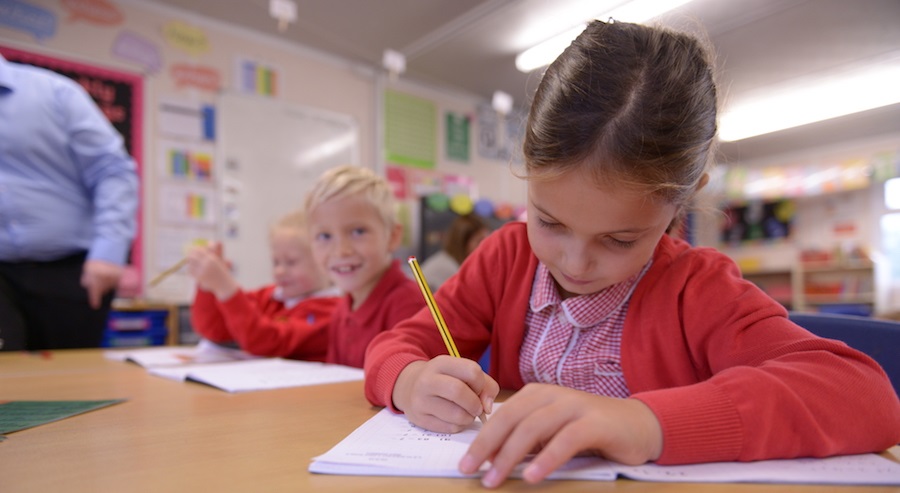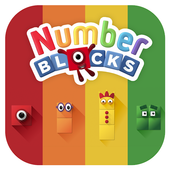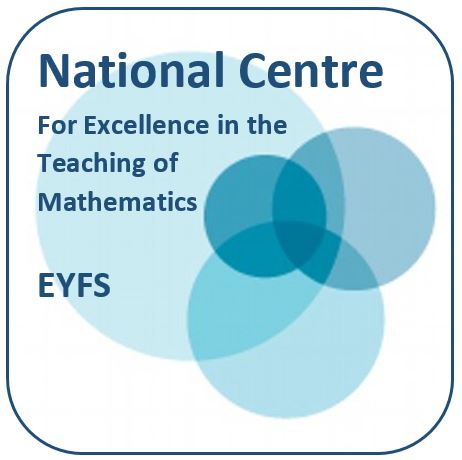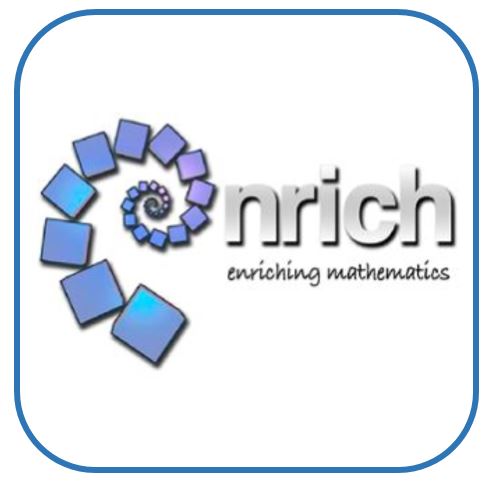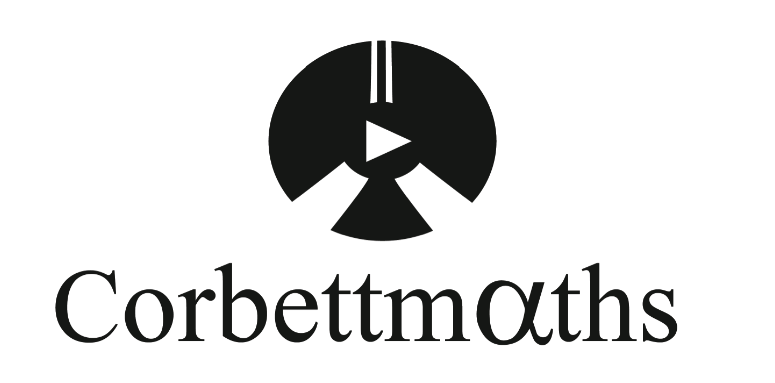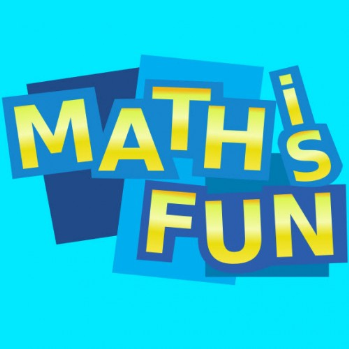"The mathematician does not study pure mathematics because it is useful; he studies it because he delights in it and he delights in it because it is beautiful." - Georg Cantor
" Mathematics is a creative and highly inter-connected discipline that has been developed over centuries, providing the solution to some of history's most intriguing problems. It is essential to everyday life, critical to science, technology and engineering, and necessary for financial literacy and most forms of employment." - National Curriculum
How Maths supports our school's vision:
Our vision for maths at Aberford is that we believe everyone can be a mathematician. We want our children to be inquisitive and to show a commitment to the 'why', not just the 'how' and by doing so, become resilient problem solvers and have the confidence to try and try again. We strive to create a love of learning in mathematics so that children can experience the magic that this subject can create.
What does Maths look like at Aberford C of E Primary School?
The maths curriculum at Aberford C of E Primary School e.JPG)
We develop and nurture a love and enjoyment in maths and provide opportunities for children to build a conceptual understanding of maths before applying what they know to everyday problems and challenges. Mathematics is everywhere, this is a universal language, therefore we want our children to be fluent and aim for complete mastery. Mastery of maths means a deep, long-term, secure and adaptable understanding of the subject.
In line with the National Curriculum we want our children at Aberford C of E Primary School to have:
- fluency (rapid and accurate recall and application of facts and concepts)
- a growing confidence to reason mathematically
- the ability to apply maths to solve problems and test hypotheses
Recommended reads to promote maths


If you have any questions regarding the curriculum we teach, please contact the school directly.
Maths Curriculum at Aberford C of E Primary School
At Aberford C of E Primary School, we recognise that our children need to be confident and fluent across each yearly objective in order for them to progress to deeper and more complex problems. To ensure our pupils, in both EYFS & KS1 and KS2, acquire this deeper understanding, we follow the White Rose Maths Hub schemes of learning.
The White Rose Maths Hub schemes of learning break down each National Curriculum objective into fluency, reasoning and problem solving and we use the learning challenges to teach for mastery – which extends and deepens the understanding of pupils within each year group. Our teachers also use a range of other high-quality resources such as the NCETM and ISee Reasoning and Priblemsolving to further stretch and challenge all learners within the classroom.
At Aberford we;
- apply the teaching for mastery principles across the school
- expose all our children to fluency, reasoning and problem solving frequently and consistently across a unit of work
- recap the learning content daily to keep learning 'warm'
- consistently and regularly develop arithmetic skills and key knowledge
- discretely teach basic number facts and times tables
- believe that learning is not fixed and 'everyone can'
- address misconceptions quickly
White Rose Schemes of Learning
Maths - Long Term Plans and Progression
Please contact the school directly if you have any questions regarding the curriculum we teach.
Our Calculation Policies
Our Calculation Policies ensure there is consistency as the children grow and develop through their maths journey with us at Aberford C of E Primary School. Our policies support the White Rose maths scheme used throughout the school.
Progression within each area of calculation is in line with the programme of study in the 2014 National Curriculum. Our policies are used to support children to develop a deep understanding of number and calculation. Our CPA policy is designed to teach children through the use of concrete, pictorial and abstract representations.
- Concrete representation— a pupil is first introduced to an idea or skill by acting it out with real objects. This is a ‘hands-on’ component using real objects and is a foundation for conceptual understanding.
- Pictorial representation – a pupil has sufficiently understood the ‘hands-on’ experiences performed and can now relate them to representations, such as a diagram or picture of the problem.
- Abstract representation—a pupil is now capable of representing problems by using mathematical notation, for example, 12 x 2 = 24.
It is important that conceptual understanding, supported by the use of representation, is secure for all procedures. Reinforcement is achieved by going back and forth between these representations. Our Addition & Subtraction and Divison & Multiplication policies are in line with the White Rose Hub.
Calculation Policies
Mastery of Maths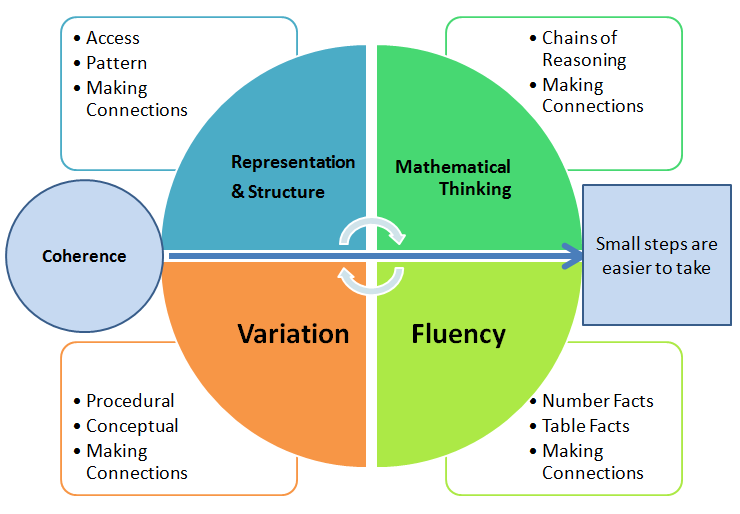
At Aberford, we aim for Mastery. Mastering maths means pupils acquiring a deep, long-term, secure and adaptable understanding of the subject. Achieving mastery means acquiring a solid enough understanding of the maths that’s been taught to enable pupils to move on to more advanced material.
The 'Five Big Ideas' are used to develop Mastery and underpin teaching for mastery.
- Coherence
- Representation and Structure
- Mathematical Thinking
- Fluency
- Variation
Arithmagicians
At Aberford, we use Arithmagicians for the children to practise their times tables at home and at school and also for weekly homework. O
Download this letter for how to log on
Helping your child learn maths at home
Maths in Daily Life
Websites to support Maths
Children make progress best as mathematicians when they regularly repeat skills and practise them until they become embedded. Here is the list of websites that contain many engaging games that your child can use to embed those key skills.
Early Years Foundation Stage
Websites to support KS1 and KS2
